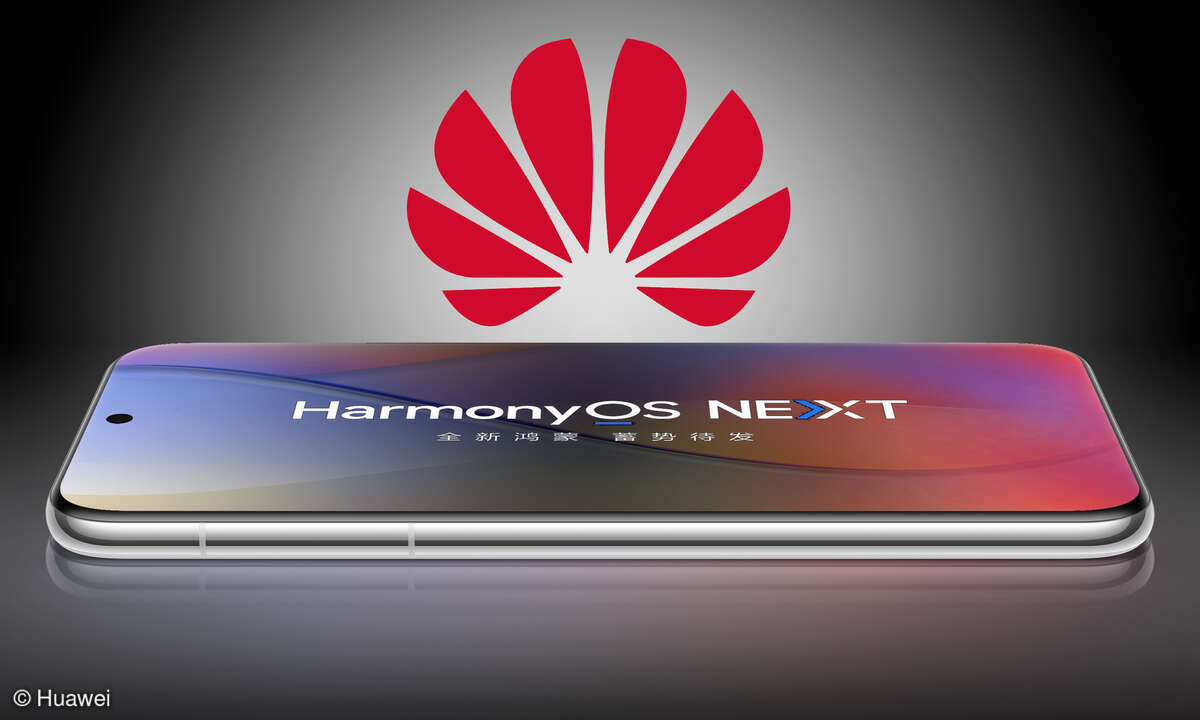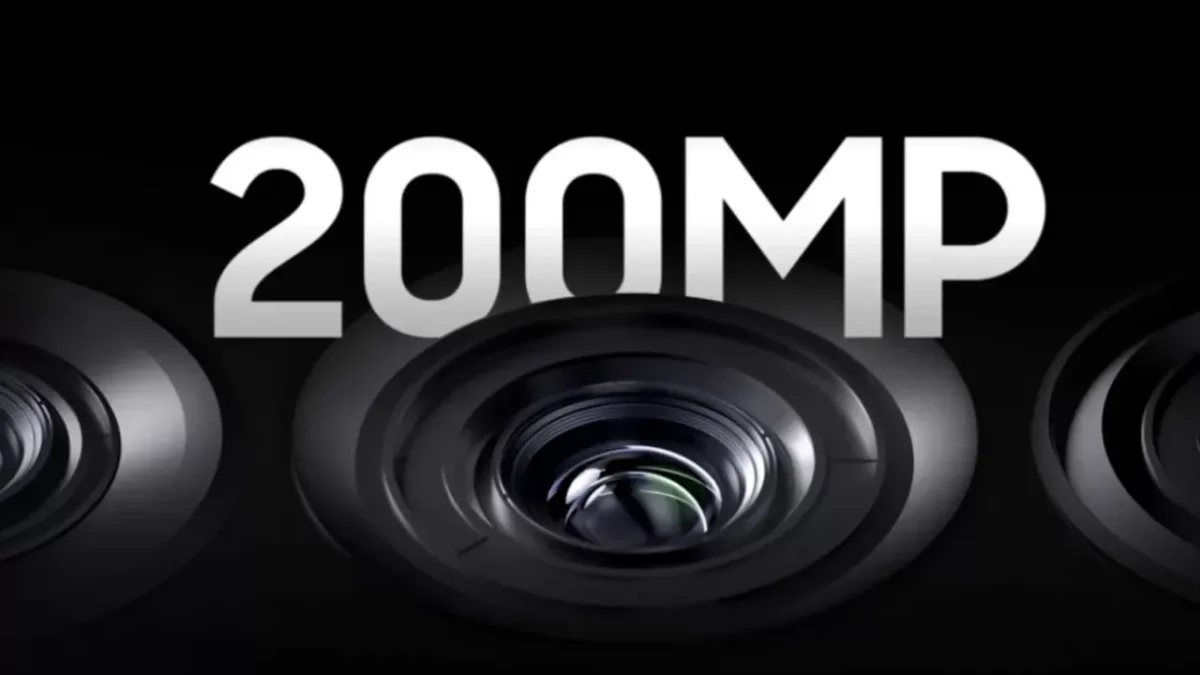TECH

HarmonyOS Next: Huawei's new operating system will be a success in China, but not globally
Taylor Ogan, an American investor currently based in Shenzhen, has already tested Huawei's new operating system, HarmonyOS Next, but he has no way of transferring images. "Everyone using this Beta [test version] carries a fingerprint," he says. "If you take a photo or screenshot, at the bottom, there's what looks like a human fingerprint. If it leaks, Huawei will know who did it."
HarmonyOS Next will be commercially launched together with the Mate 70 smartphone, in the coming weeks or months - there is no date yet. It is the model that will take the place of the Mate 60, whose launch by Huawei a year ago shocked the technology sector. It was the Chinese company's return to high-end cell phones, with 5G connectivity, overcoming the chip embargo imposed more than four years ago by the United States.
More than the new cell phone, it is the new operating system that is causing expectation. Unlike the HarmonyOS used in the Pura 70 phone launched six months ago, Next completely abandons applications developed for Google's Android operating system. A Huawei executive said last month at an industry trade show in Beijing that it was "developed completely independently and autonomously." Ogan describes the experience with Next as similar to that of the so-called Chinese "super apps" WeChat and Alipay, which incorporate other applications as internal mini-programs or mini-apps. In Next, the applications no longer have the "bloated" Android code, running more lightly. "Huawei basically has its own mini-programs, which is a big deal." One application he has not yet tested on the new operating system is WeChat itself. This week, Tencent, owner of the "super app," finally announced its deal with Huawei, although without providing details, and the start of testing. The lack of an agreement between the two technology giants had been delaying the launch of the smartphone itself, since WeChat is essential to the daily lives of Chinese people.
The two companies are from Shenzhen. "A lot of this city revolves around Huawei and Tencent," says the investor, CEO of the Snow Bull Capital fund. "Tencent has a bit of a monopoly and didn't want [the deal]. The Mate 70, in terms of hardware, was actually ready to go. The only thing holding it back was this resistance, because they couldn't launch without WeChat. That was the main reason for the delay. The other apps were quickly rewritten, months ago."
In addition to WeChat, the agreement with Tencent guaranteed the start of testing with the popular video games "Honor of Kings" and "Game for Peace", whose absence had been another shadow over the new operating system. But it still needs to improve several of the apps that have been tested for months, such as Douyin and the original TikTok, which would be without important tools such as search, according to a report by the English website Tech Tech China.
"It was a little buggy, but in the last month it's been super clean," Ogan counters. "I would say it's ready. I'm not a tech expert, but for everyday use it seems completely ready. And I think it's going to be something big. We had Android and iOS [from Apple], and now there's officially a third one that's not based on Android, like the first HarmonyOS. This one is totally, totally Huawei." For a technology analyst, TP Huang, there shouldn't be any problem for Next to succeed within China. "Outside China, they will need to work with foreign developers, encourage them. It's hard to say whether they will be successful, but since many apps that originated in China - TikTok, AliExpress, DiDi [in Brazil, 99], Temu, Shein - are now global, HarmonyOS Next won't start from scratch." The operating system is not being made available for testing on the Mate 70, only on previous devices. The new smartphone is even more secretive, with little known about it. Huawei executives in Shanghai, where it is being manufactured, according to Ogan, have not spoken to executives in Shenzhen for months. On the Weibo social network, details of the style, such as the right-angled side, are leaked, but not photos.
According to the Shanghai-based financial outlet Yicai Global, the Mate 70's components are already being sent to the "fab" for assembly. It is expected to be commercially launched next month. It is also not certain that it will come with a 5nm chip, "but it should be in an improved process", according to Huang. "We have to wait for it to come out to have more details, for example, about the artificial intelligence features."
The analyst says that at Huawei "they are making a great effort to reduce energy consumption and improve graphic rendering, which were the two biggest problems with the Mate 60" last year.
mundophone

No comments:
Post a Comment